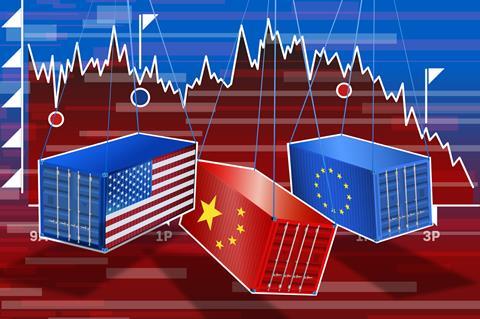
Two anniversaries this week offer contrasting perspectives on the commercial landscape which faces UK food and drink companies still considering exporting amid the smoking ruins of international trade.
It’s 100 years since Margaret Thatcher was born. The daughter of a Grantham grocer ought, perhaps, to be a poster child for our sector. She was a remarkable figure. For good or ill, she transformed the UK. She changed our economy, our politics and our culture in a way that few – including her – could have foreseen.
She was loved and loathed in equal measure. She had a profound effect on the retail sector. Her avowedly market-based approach to economic management effectively allowed supermarkets – particularly Tesco and Sainsbury’s – to expand significantly, grow outside their heartland and become national institutions. She brought in Sunday trading, reinventing the British weekend as a major shopping opportunity.
She eviscerated the trade unions, relaxing restrictive labour laws and allowing manufacturers, retailers and logistics firms the flexibility they needed to build viable, national businesses. She was crucial to the development of today’s consumer economy. And these massive structural changes came at a very considerable cost over a bitter, turbulent decade.
She served for nearly 12 years. She was impatient for change but what we, today, see as change she would have seen as chaos.
Growing up above the shop, she inherited a love of order. She would be aghast that the UK has had six PMs and umpteen Chancellors in the past 12 years. The instability and constant flux of not just the US but also many other countries would appall her. She would be quick to understand the huge damage that instability does to business.
Goodness knows what she would have made of President Trump, particularly his tariff programme. Thatcher was a free trader. She believed trade was the lifeblood of democracy. She would not have celebrated this week’s second anniversary.
Trump’s Liberation Day
It is six months since ‘Liberation Day’; the moment where the US president took a chainsaw to the rules-based system of international trade. In service to his mission to ‘Make America Great Again’, Trump ushered in an era of what trade experts have called ‘weaponised interdependence’, particularly between the US, China, and the European Union – the three great trading (and regulation) blocs of our age.
This change is crucial and deeply troubling for UK food and drink manufacturing, retail, and logistics. In Mrs T’s image, the UK is a great trading nation in grocery products.
Including retailers, suppliers, and logistics, grocery is far and away the most important sector of the UK economy. As a result, it is – something the government unaccountably seems not to realise – the most crucial business sector for public opinion. Anything which raises costs, impacts profitability, or restricts the ability to offer the extraordinary range of choice we currently enjoy threatens the industry’s sometimes fragile viability. It also makes shoppers and consumers – aka the UK population – very grumpy.
The impact of Trump tariffs on UK food exports to the US threatened to be terminal, though some mitigation has been provided by the UK-US trade deal. But along with the increased costs of the actual tariffs, UK manufacturers are now under increasing pressure from the US government to build factories and invest significantly in the US economy. Different, but equally significant, pressures are also beginning to materialise in trade with China.
The EU has yet to really join the game of escalating retaliation, but its announcements this week of savage tariffs on steel suggest the direction of travel.
This leaves the UK government in a very uncomfortable position. Thus far, it has adopted the role of high wire juggler. The US-UK trade deal and the extraordinary spectacle of the state banquet are both very successful examples of ‘vanity diplomacy’ with the Trump presidency. Similarly, it’s beyond belief that the decision not to prosecute in the China/House of Commons spying case wasn’t in part a deliberate act of trade policy, signalling the government would not bow to hawks in the House who appear not to have noticed that China is the biggest economy in the world.
Meanwhile, Keir Starmer moves ever closer to the EU, hoping not to lose too many Brexit voters at the same time.
It must be exhausting. In the long run, it’s probably futile with at least one, and perhaps all, of the big blocs. But in the meantime, it does keep multiple doors open for UK food and drink exporters. Of course, the calculation for managers of those businesses is whether to invest in the work involved.
The very real truth is that long-term success depends in large part on Trumpian moods, Chinese patience, and EU tolerance of its errant child. I wouldn’t bet on any or all of those enduring for very long at all.
Ian Wright, partner at Acuti Associates







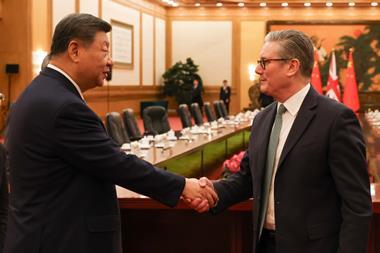
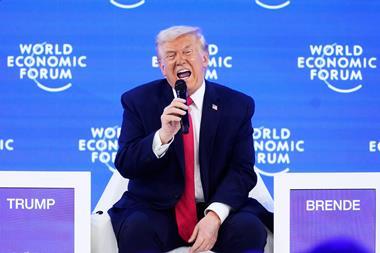
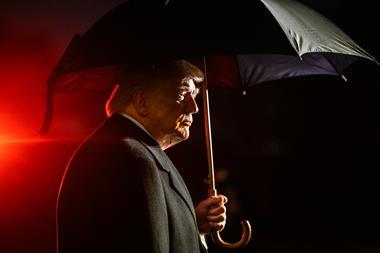
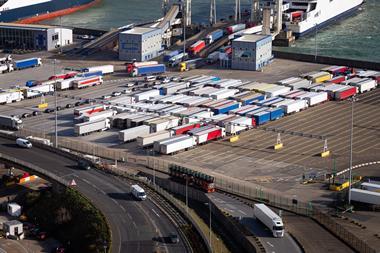

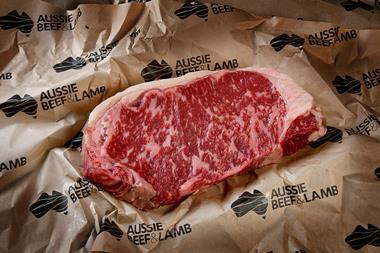






No comments yet